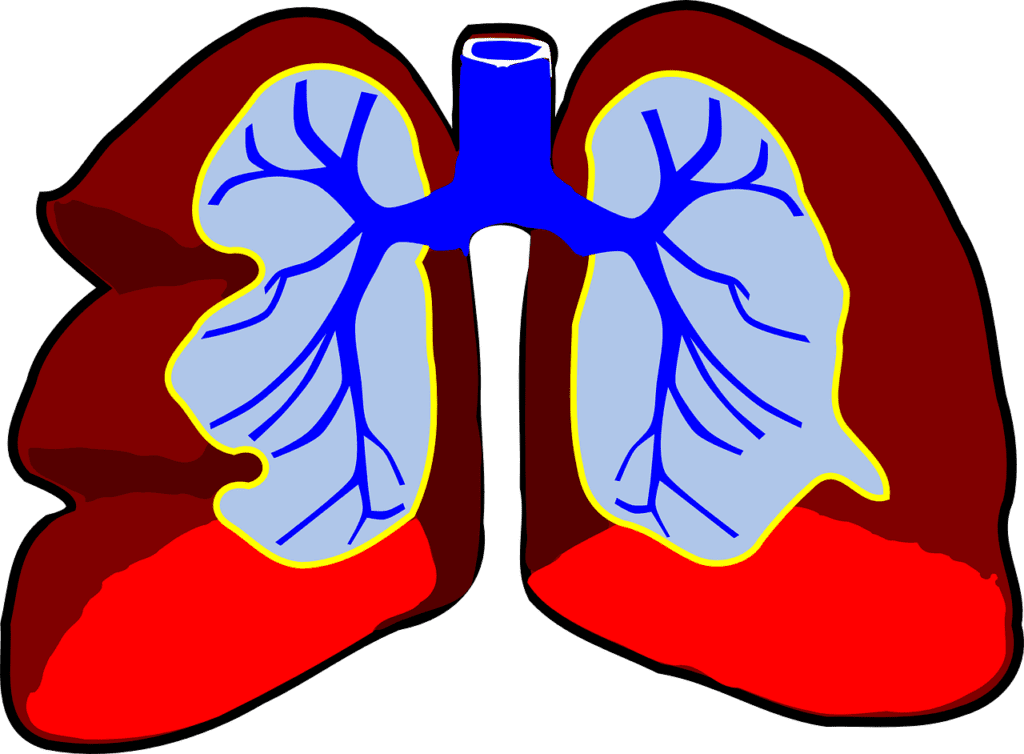Both Ofev (nintedanib) and Esbriet (pirfenidone) are FDA-approved to treat individuals living with mild, moderate, or severe idiopathic pulmonary fibrosis (IPF). The treatments work by preventing fibrosis (scarring) and stopping the disease from progressing. Despite the availability of approved therapies, IPF still comes with a relatively poor prognosis. The median survival rate is just two to five years following diagnosis. Therefore, companies should and must continue studying IPF—and possible treatments—to serve this community.
The Phase 3 ISABELA 1 and ISABELA 2 clinical studies explored whether ziritaxestat, an orally administered, investigational autotaxin inhibitor, could fill the unmet need within IPF. Data from the studies was presented during this year’s American Thoracic Society International Conference. According to Healio, ziritaxestat did not perform well.
A total of 1,306 people enrolled in the study. Participants were being treated with Ofev or Esbriet, or were untreated prior to the study. They were then given either a placebo or one of two ziritaxestat doses (200mg or 600mg). Researchers then evaluated Forced Vital Capacity (FVC), which measures how well your lungs are functioning.
Unfortunate Findings
Researchers found that neither ziritaxestat dose improved FVC or prevented FVC from declining when compared to a placebo. People taking ziritaxestat of either dose were also more likely to experience respiratory-related hospitalizations. Ziritaxestat was found to interact poorly with nintedanib, leading to nausea, vomiting, and diarrhea. There were also higher rates of death in those taking ziritaxestat, particularly the 600mg dose, compared to the placebo. Because of these findings, both studies ended early. Additional details from the ISABELA 1 and ISABELA 2 studies can be found in JAMA.
About Idiopathic Pulmonary Fibrosis (IPF)
Idiopathic pulmonary fibrosis is a chronic disease in which the lungs become scarred and hardened without a known cause. As scars accumulate, it becomes more difficult to breathe. Oxygen doesn’t flow as well to the blood, causing other health issues and preventing your body from working like it should. Doctors believe that hereditary and environmental triggers may cause IPF, but this has not been confirmed. Symptoms of IPF may include:
- Shortness of breath
- A dry, hacking cough
- Fatigue and lethargy
- Gastroesophageal reflux
- Joint and muscle aches
- Appetite loss
- Unintentional weight loss
- Clubbed fingers and toes
IPF may also contribute to the development of more serious health issues such as pneumonia, pulmonary embolisms (blood clots in the lungs), or lung cancer.






